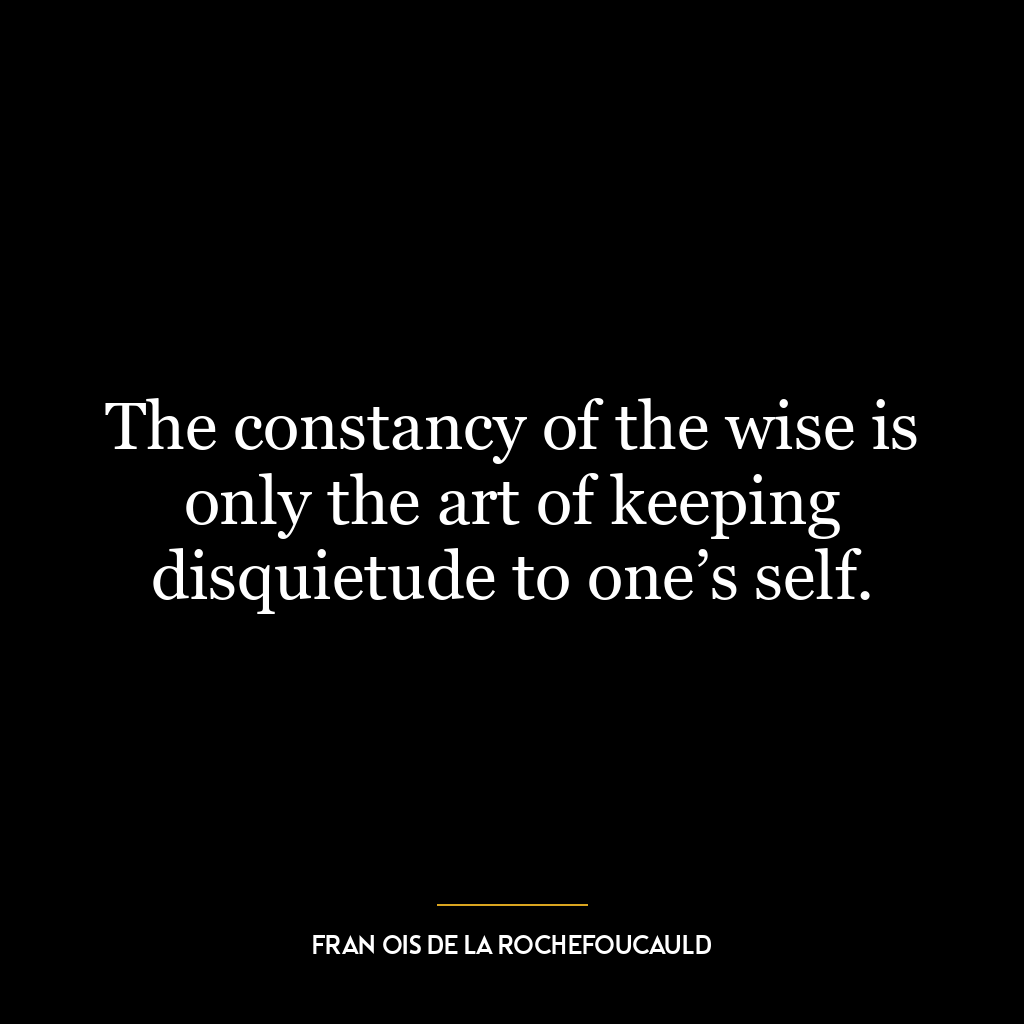Courage is knowing what not to fear.
“Courage is knowing what not to fear” is a profound statement that emphasizes the importance of discernment in being truly brave. Courage, in this context, is not merely about facing danger or adversity head-on, but about understanding what is truly dangerous or harmful and what is not. It’s about distinguishing between the things that are genuinely threatening and those that are simply discomforting or unfamiliar.
The implication is that fear can often be misplaced or misguided. We may fear the wrong things, such as change, failure, or rejection, and these fears can hold us back from growth and success. On the other hand, there are real dangers and evils in the world that we should fear and avoid. Therefore, true courage involves wisdom and discernment in knowing what to fear and what not to fear.
In today’s world, this quote can be applied in various scenarios. For instance, in the realm of personal development, it may refer to overcoming fears that hinder progress, like the fear of failure or the fear of stepping out of one’s comfort zone. It’s about recognizing that these fears are not inherently dangerous and should not be allowed to inhibit personal growth.
In a broader societal context, it might refer to the courage to challenge harmful societal norms or unjust systems, despite the fear of backlash or rejection. It’s about understanding that the fear of standing up for what is right should not deter us from doing so.
In essence, the quote underscores the importance of wisdom and discernment in our courage. It’s not about being fearless, but about fearing the right things and not letting unnecessary fears hold us back.











